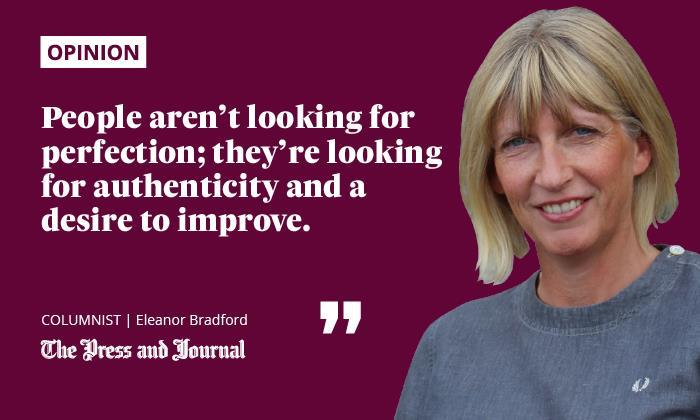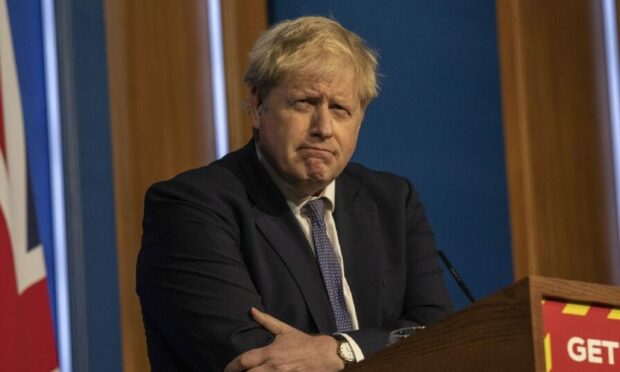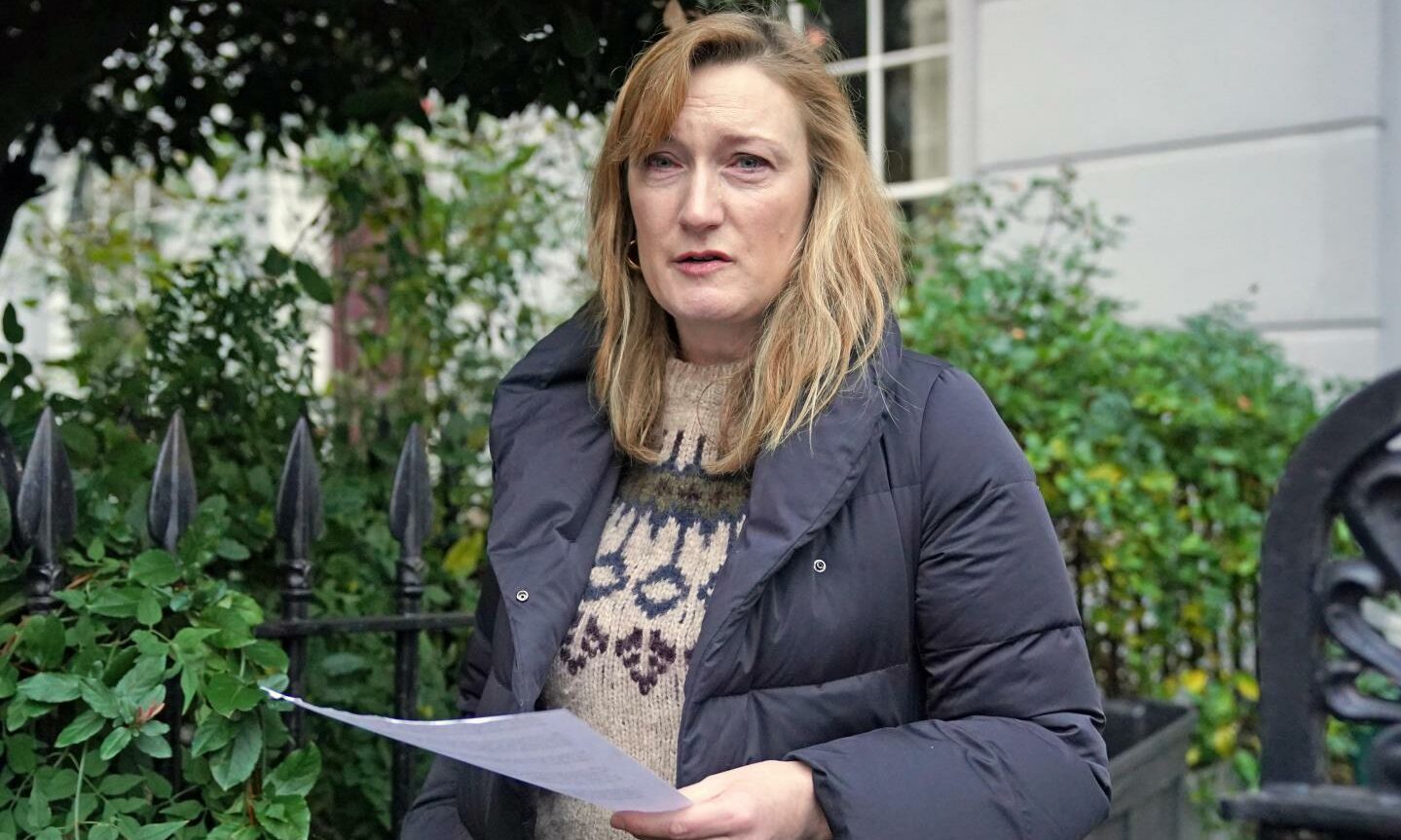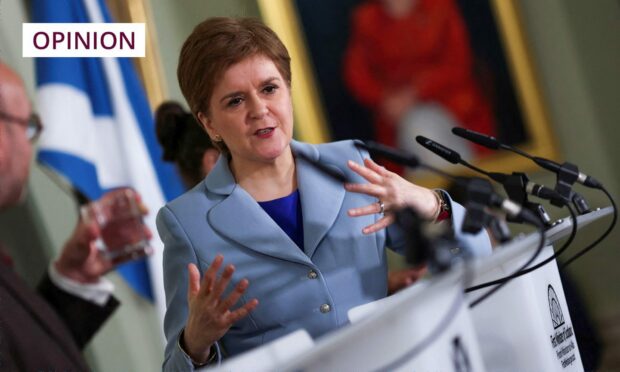We all make mistakes.
By far the best policy is to fess up, say sorry and deal with the consequences. It doesn’t matter if you are a sports star or a prime minister, owning up to mistakes is the right thing to do, but just lately we have seen some interesting contrasts in the art of saying sorry.

Saying sorry and meaning it is what generation Z and millennials expect. Last autumn, Dutch eyewear brand Ace & Tate published a list of all its bad decisions under the headline: “Look, we f***ed up”. Ignoring their social impact and unrealistic carbon goals were amongst the sins they listed. This didn’t damage the company; in fact, it landed well with its consumers because, crucially, they listed the ways in which they were going to change.
People aren’t looking for perfection; they’re looking for authenticity and a desire to improve.
Saying sorry is not always damaging or a sign of weakness. It can show strength and self-understanding. Ironically, it can build trust.
‘No comment’ isn’t good enough – but neither is an insincere apology
I have worked with many organisations who have made mistakes. Some made terrible mistakes and were reluctant to own up to them. Others had to take the rap for mistakes which were not entirely their fault.
For many years, the preferred position was to say “no comment”, in the hope that this would kill the story. Thankfully, the penny has now dropped that “no comment” may please the lawyers, but it does not win over public opinion. As far as ordinary folk are concerned, “no comment” means “I have no defence” and therefore “I am guilty”.
But, suddenly, we have moved into an era where everyone, it seems, wants to apologise. It is now an issue not of quantity but of quality: a distinction which is painfully obvious to the general public. They can sniff out a fake apology in seconds.
If you accept the resignation of your press secretary because she laughed off a party held in your workplace during lockdown as a “work event”, then ask for forgiveness for attending a party using the excuse that you thought it was a work event, that is sorry not sorry.
Countless studies have shown that women apologise more than men and that this undermines their authority
If you apologise for going ahead with an interview and photographs after testing positive for coronavirus, don’t expect too much sympathy when it emerges that you later bent the truth on your visa form to play a tennis tournament. It’s not an issue about the safety of vaccinations, it’s an issue of truthfulness.
Women apologise too much
That kind of apology is what my partner and I use after a row. “I’m sorry you felt that way,” we say, which actually means: “I’m not sorry for what I did, you just interpreted it the wrong way.” Well, he uses that kind of apology. He says I never apologise at all.
On the other hand, there are those who apologise too much, and the main offenders are women (apart from me, it seems). Countless studies have shown that women apologise more than men and that this undermines their authority.
I now consciously delete one of my default email responses which begins: “Sorry I haven’t got back to you sooner…” I realised that my male colleagues don’t apologise if they are replying to me after several days. They just reply.
Allegra Stratton, the most prominent woman in recent events at Downing Street, resigned quickly over a party she didn’t even attend whilst – at the time of writing – her male colleagues who did attend, and even sent out the invitation, are still in post.
Prove you’ve learned your lesson
Unfortunately, we all rather delight in the mistakes of others. We watch the Great British Bake Off to see whose cake will collapse. We watch Ski Sunday to see who will crash.
Saying sorry is the easy part. Showing that you have learned your lesson through your actions takes time
That depressing side of human nature is balanced by the fact that we like nothing more than someone who learns from a mistake and comes back from it.
When we decide whether to forgive, we look to see whether the guilty party displays signs of a moral compass. What are they doing to earn our trust again?
Countless Hollywood stars have come back from errors of judgement because they painstakingly rebuilt their careers after a quiet period of reflection. My partner and I get over a row, even with empty apologies, because we don’t do the annoying thing again, and win back trust. The Ace & Tate confessional worked because they spelled out how they were going to do things differently.
Saying sorry is the easy part. Showing that you have learned your lesson through your actions takes time, and that is when your integrity does or doesn’t shine through. The general public has a long memory.
Eleanor Bradford is a former BBC Scotland health correspondent and now works in communications in the education sector







